
Is ‘junk DNA’ a key to killing cancer cells?
Rochester biologists show how a selfish genetic element called retrotransposons that can cause tumors may also trigger the death of cancer cells.

Why do naked mole rats live long, cancer-free lives?
Rochester biologists were surprised to see that despite its remarkable longevity, the naked mole rat still has cells that undergo senescence, like the cells in much shorter-lived mice.
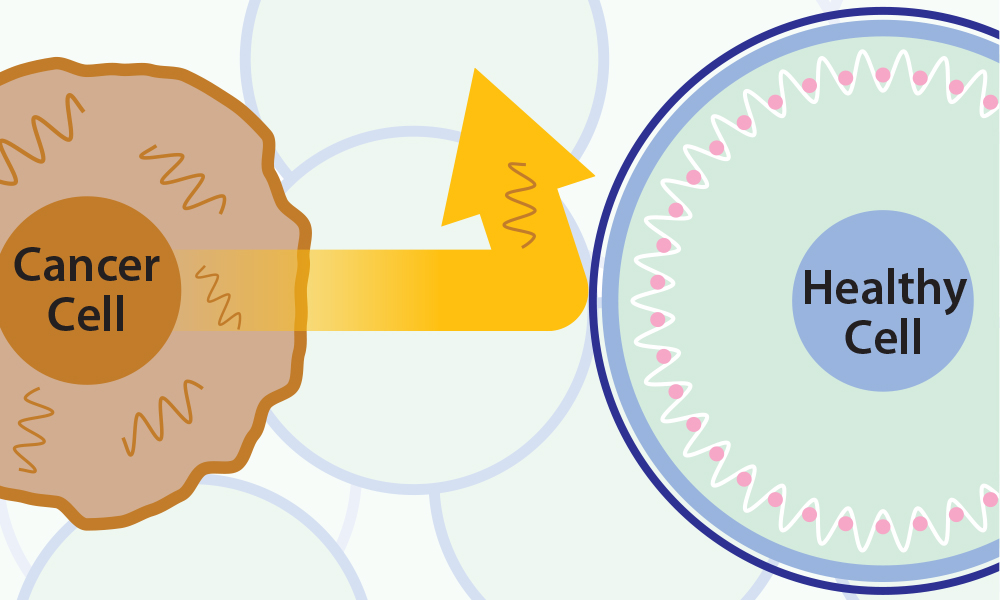
Rochester chemists find new means to ‘block’ cancer cell growth
A pathway that enables embryonic cells to develop into different organs can be reactivated by cancer cells. A cyclic peptide has been found that can block the activation of this pathway, and is also less likely to trigger resistance in cancer cells.

Protein identified in post-chemo cell death puzzle
Researchers have identified a protein that is required for cell death after undergoing chemotherapy—at least, it appears, in male mice.
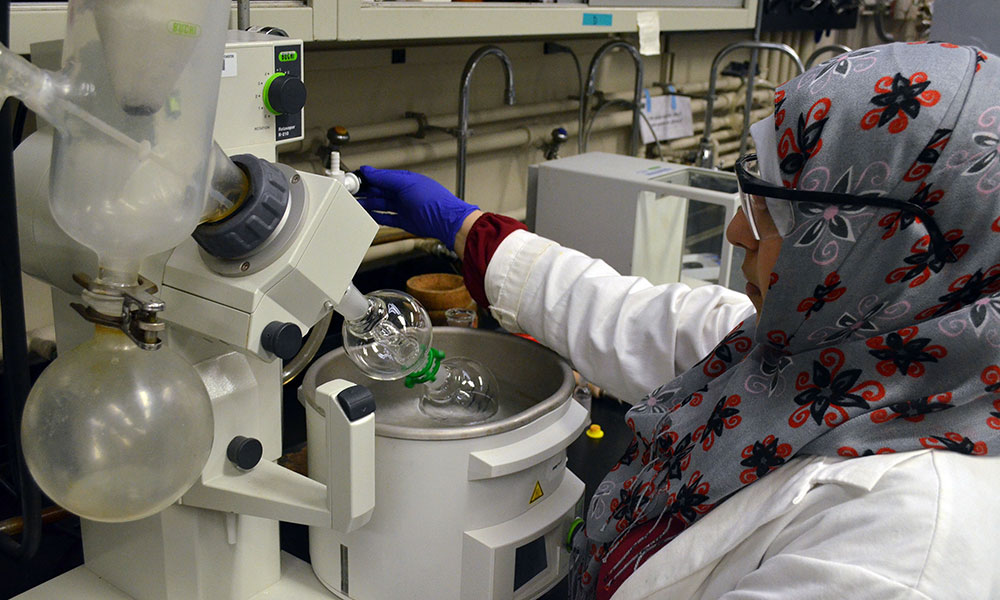
Seed grant enables researchers to try new approach to targeting leukemia
University researchers hope to improve the odds of surviving acute myeloid leukemia by loading a promising compound into nanoparticles that will target the inner recesses of bone marrow where leukemia stem cells lurk.
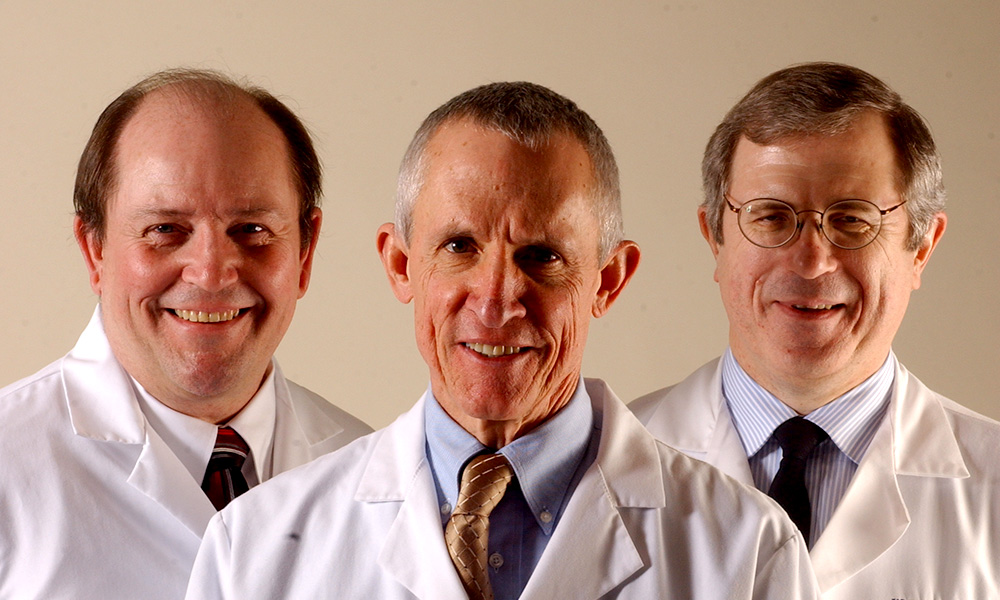
10 years ago: Cancer vaccine with Rochester roots approved
Largely unreported in 2006 was the remarkable story of three Rochester virologists whose innovation, dedication, and perseverance resulted in the key breakthrough that lies at the heart of the first vaccine targeting the leading cause of cervical cancer.

Wilmot Cancer Institute joins OmniSeq Genomic Network
Through this network, Wilmot Cancer Institute and Roswell Park Cancer Institute in Buffalo — the state’s two largest cancer care and research institutions outside New York City — will collaborate and expand genomic testing for cancer across the Finger Lakes and western New York region.

Scientists hand out lemonade to support national foundation
Professor Danielle Benoit and her students will be serving lemonade and explaining their work on childhood cancer therapies this weekend as part of a national effort organized by Alex’s Lemonade Stand Foundation, which has helped fund her research.
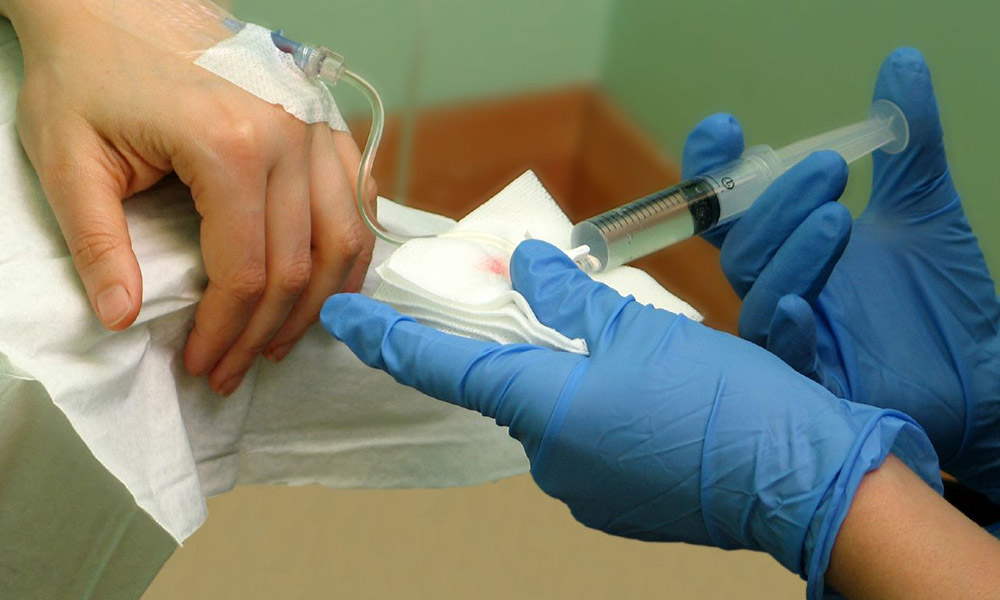
Blocking cellular quality control mechanism gives cancer chemotherapy a boost
A University team found a way to make chemotherapy more effective by exposing cancer cells to a molecule that inhibits NMD (nonsense-mediated mRNA decay) prior to treatment with doxorubicin, a drug used to treat leukemia, breast, bone, lung and other cancers.
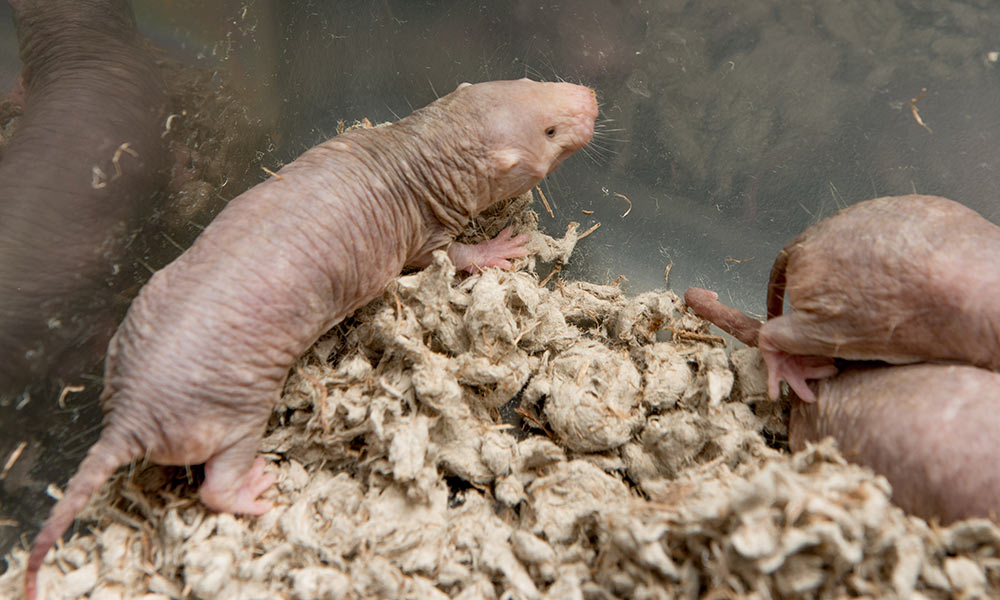
An extra protein gives naked mole rats more power to stop cancer
Naked mole rats are small, hairless, subterranean rodents that have never been known to get cancer despite having a 30-year lifespan. A new protein discovered by biologist Vera Gorbunova may help explain why.
